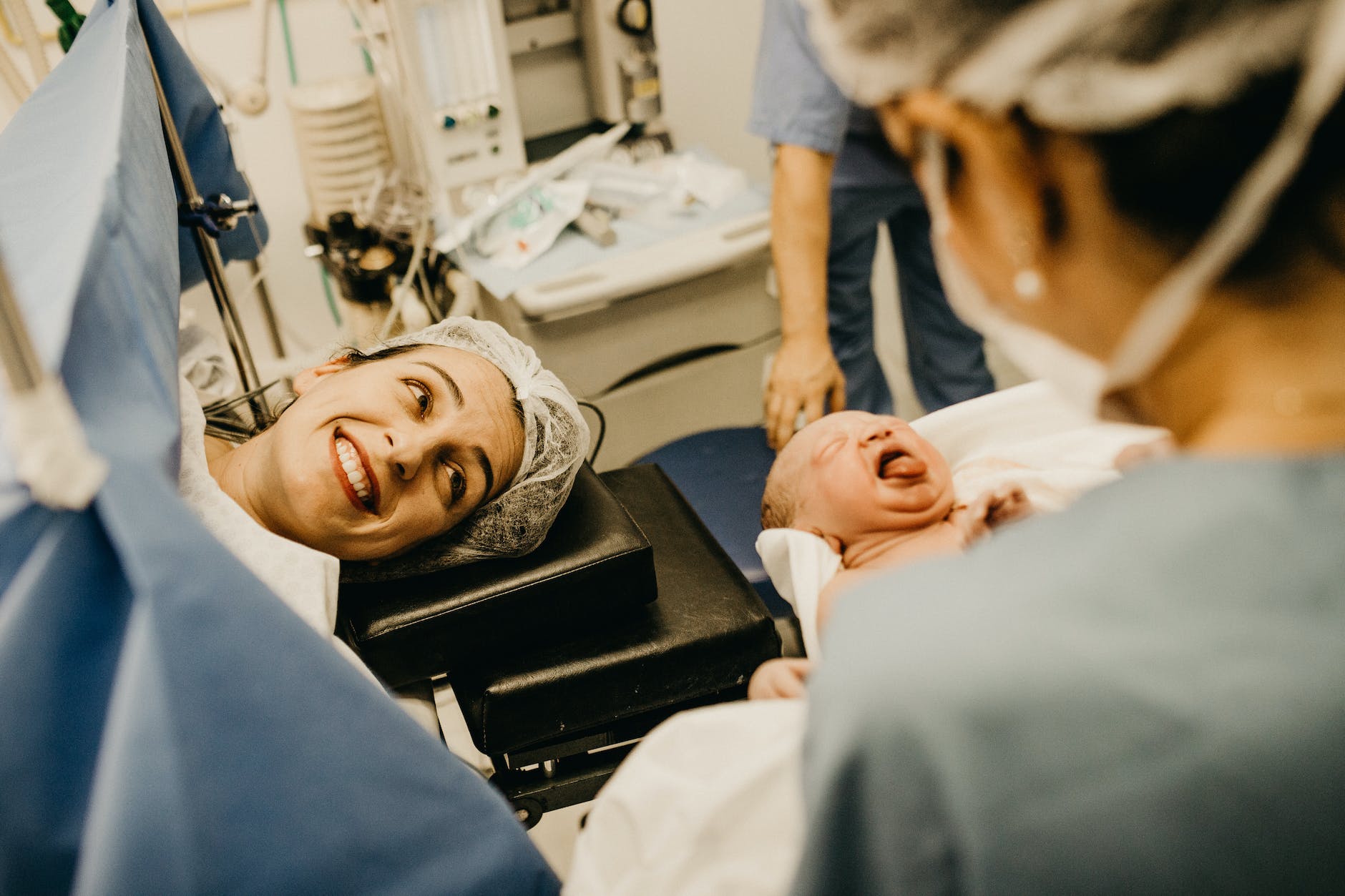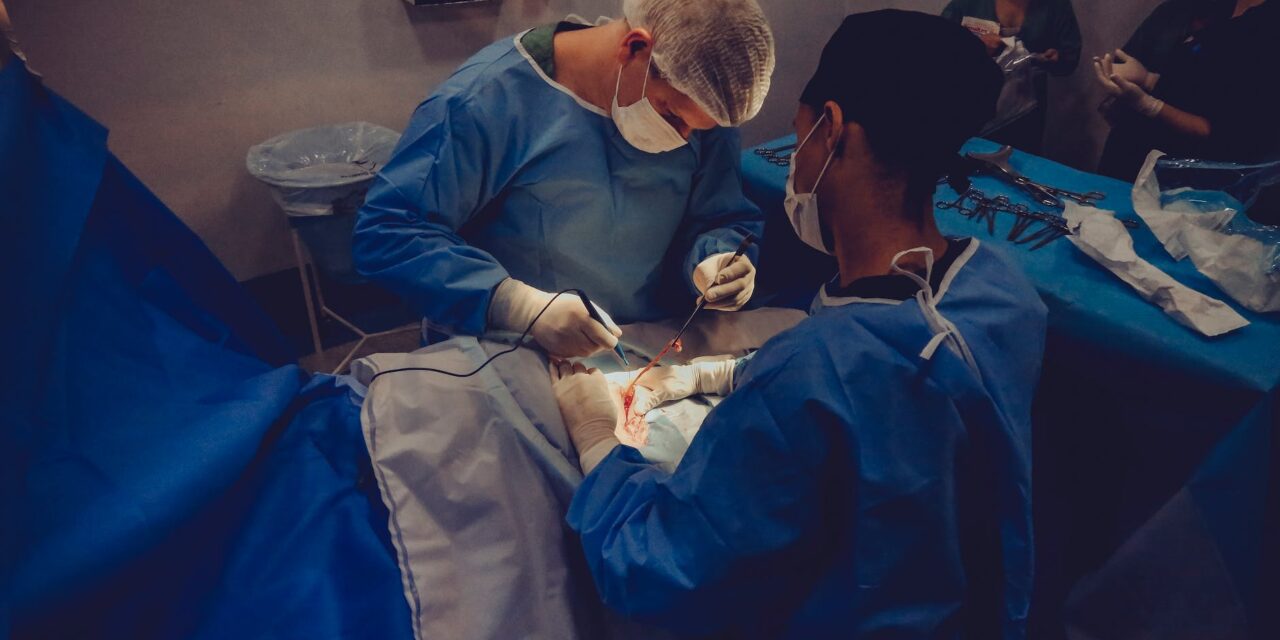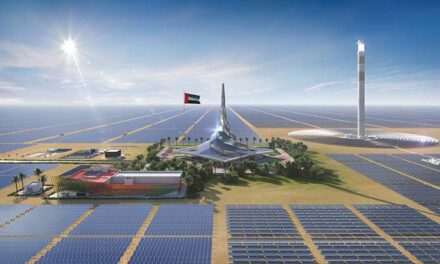Dubai’s rapid urban development and ever-growing population have increased the demand for quality health services, making it a promising area for investment in medical facilities and services. With a current population of over 3.3 million, Dubai’s healthcare system aims to meet the growing demand of its population health needs and ensure that standards of easy access, quality, equity, and responsiveness are maintained.
- Dubai’s Healthcare Landscape
- Population Growth and Healthcare Demand
- Medical Tourism in Dubai
- Investment Opportunities in Dubai’s Healthcare
- Challenges and Future Directions
- Frequently Asked Questions
- What is the current state of the healthcare industry in Dubai?
- How is the demand for healthcare services in Dubai expected to grow in the coming years?
- What are the key challenges facing the healthcare sector in the Middle East?
- What opportunities does Dubai’s growing population present for investment in medical facilities and services?
- What initiatives are being taken in the UAE to promote good health and adopt a healthy lifestyle?
- What are the goals of the Dubai Health Care Strategy 2030?
The United Arab Emirates (UAE) government aspires to build a world-class health system to improve the quality of healthcare and the health outcomes for its population. To achieve this, it has implemented extensive health system reforms in the past 10 years. The nature, extent, and success of these reforms have not recently been comprehensively reviewed. Understanding the progress and outcomes of health systems reform in the UAE is crucial for investors and healthcare providers looking to invest in Dubai’s healthcare sector.
Dubai’s Healthcare Landscape
Dubai’s growing population and increasing demand for quality healthcare make it a promising area for investment in medical facilities and services. This section will provide an overview of Dubai’s healthcare landscape, including the public and private sectors, healthcare infrastructure, and healthcare providers.
Public and Private Sectors
Dubai’s healthcare sector is divided into two main sectors: public and private. The Dubai Health Authority (DHA) oversees the public sector, which includes government hospitals and clinics. The private sector includes private hospitals, clinics, and other healthcare facilities.
The public sector provides free or low-cost healthcare services to UAE nationals and residents. The private sector, on the other hand, caters to those who can afford to pay for healthcare services. The private sector is growing rapidly, with the number of private hospitals and clinics increasing every year.
Healthcare Infrastructure
Dubai has a well-developed healthcare infrastructure that includes hospitals, clinics, and other healthcare facilities. The Dubai Healthcare City (DHCC) is a free zone that is home to several hospitals, clinics, and medical research centers. The DHCC is a major hub for medical tourism and attracts patients from all over the world.
The Ministry of Health is responsible for regulating the healthcare sector in Dubai. The ministry ensures that healthcare facilities meet international standards and that healthcare providers are licensed and qualified to provide healthcare services.
Healthcare Providers
Dubai has a wide range of healthcare providers, including hospitals, clinics, and medical centers. Some of the major hospitals in Dubai include the Dubai Hospital, Rashid Hospital, and Latifa Hospital. These hospitals are part of the public sector and provide free or low-cost healthcare services to UAE nationals and residents.
The private sector is dominated by several major healthcare providers, including Aster DM Healthcare, NMC Healthcare, and Mediclinic Middle East. These providers offer a wide range of healthcare services, including primary care, specialty care, and advanced medical procedures.
In conclusion, Dubai’s healthcare landscape is well-developed and offers a wide range of healthcare services to UAE nationals and residents. The public and private sectors work together to provide quality healthcare services to the growing population. The healthcare infrastructure is modern and well-equipped, and healthcare providers are licensed and qualified to provide healthcare services.
Population Growth and Healthcare Demand
Dubai’s population has been growing steadily in recent years, and this trend is projected to continue. According to the Dubai Statistics Center, the population of Dubai reached 3.35 million at the end of 2019, with a growth rate of 5.64% per year. The population is expected to reach between 4.96 million to 5.73 million by 2030, increasing demand for healthcare services.
Population Health
The growing population of Dubai is diverse, with a mix of local Emiratis and expatriates from around the world. This diversity brings with it a variety of health challenges, including non-communicable diseases (NCDs) such as diabetes, heart disease, and cancer.
Chronic and Lifestyle Diseases
NCDs are a major burden of disease in Dubai, accounting for around 70% of all deaths. Diabetes is a particular concern, with an estimated 19% of the population affected. This high prevalence of NCDs is partly due to lifestyle factors such as unhealthy diets, lack of physical activity, and smoking.
Elderly Care
Dubai’s population is also aging, with a growing number of elderly residents. This demographic shift is expected to increase demand for healthcare services related to elderly care, such as long-term care and rehabilitation.
To meet the growing demand for healthcare services, Dubai has been investing heavily in its healthcare industry. The government has set ambitious targets for healthcare spending, with a goal of increasing healthcare spending to 7% of GDP by 2025. Private sector investment in healthcare is also on the rise, with a growing number of private hospitals and clinics opening in the emirate.
Overall, the combination of population growth, increasing prevalence of NCDs, and aging demographics make Dubai a promising area for investment in medical facilities and services.
Medical Tourism in Dubai
Dubai’s world-class healthcare facilities and services have made it a popular destination for medical tourism. The city’s growing population and increasing demand for quality healthcare make it a promising area for investment in medical facilities and services. In this section, we will discuss medical tourism in Dubai, including international patients and specialty care.
International Patients
Dubai attracts medical tourists from around the world, including the Middle East and North Africa, Asia, and Europe. According to the Dubai Health Authority, the city received 630,000 international health tourists in 2021, with medical tourist spending reaching AED730 million in the same year. The city is expected to attract approximately 500,000 medical tourists in 2021, according to a recent study by the Dubai Chamber of Commerce and Industry.
Dubai’s healthcare sector is renowned for its high standards and competencies, making it a popular destination for medical tourists seeking quality healthcare services. The city’s healthcare facilities offer a wide range of medical treatments, including sports medicine, dermatology, skin care, and fertility treatment. Dubai’s healthcare providers are also known for their state-of-the-art medical equipment and facilities, which are on par with those found in some of the world’s leading medical centers.
Specialty Care
Dubai’s healthcare facilities are equipped to provide specialty care to patients with complex medical conditions. The city’s healthcare providers offer a wide range of specialty care services, including cancer treatment, neurology, cardiology, and orthopedics. The city’s healthcare providers are also known for their expertise in providing cosmetic surgery and dental care services.
In conclusion, Dubai’s healthcare sector is a promising area for investment in medical facilities and services. The city’s world-class healthcare facilities and services have made it a popular destination for medical tourism, attracting international patients from around the world. With its high standards and competencies, Dubai’s healthcare sector is well-positioned to provide quality healthcare services to patients with complex medical conditions.
Investment Opportunities in Dubai’s Healthcare
Dubai’s growing population and increasing demand for quality healthcare make it a promising area for investment in medical facilities and services. The government of Dubai has recognized the potential of the healthcare sector and has taken several steps to attract foreign investors. In this section, we will explore some of the investment opportunities in Dubai’s healthcare sector.
Incentives for Investment
The Dubai government offers several incentives to foreign investors to encourage investment in the healthcare sector. These incentives include 100% foreign ownership, tax exemptions, and streamlined procedures for setting up businesses. The Dubai Health Authority (DHA) also offers support to investors in the form of market research, feasibility studies, and assistance in obtaining regulatory approvals.
Potential Areas for Growth
Dubai’s healthcare sector offers several potential areas for growth. One of the areas is oncology, as the incidence of cancer is increasing in the UAE. The government has recognized this and has taken several steps to improve cancer care in the country. Another potential area for growth is patient care, as there is a growing demand for quality healthcare services in the region.
Dubai also has a shortage of hospital beds, which presents an opportunity for investors to set up new hospitals and clinics. The Dubai government has set a target of increasing the number of hospital beds to 9.4 per 1,000 people by 2021, which presents a significant investment opportunity.
The healthcare sector in Dubai is also expected to benefit from the growing economy of the Gulf Cooperation Council (GCC) region. The region’s GDP is expected to grow at an average rate of 2.4% per year until 2022, which will increase the demand for healthcare services.
Investment in medical education is also an area of opportunity, as there is a shortage of qualified medical professionals in the UAE. Investors can set up medical schools or partner with existing institutions to provide training to medical professionals.
Conclusion
Dubai’s healthcare sector offers several investment opportunities for international companies and private sectors. The government’s focus on improving regulatory standards, mandatory health insurance, and increasing competition in the sector will lead to improved per capita healthcare and increased demand for medical equipment and clinical facilities.
Challenges and Future Directions
Dubai’s growing population and increasing demand for quality healthcare make it a promising area for investment in medical facilities and services. However, the healthcare industry in Dubai faces several challenges that need to be addressed to achieve the desired outcomes. This section will discuss the challenges and future directions for the healthcare industry in Dubai, focusing on workforce and capacity building, innovation, and technology.
Workforce and Capacity Building
One of the major challenges faced by the healthcare industry in Dubai is the shortage of healthcare professionals, especially nurses and physicians. According to a study published in BMC Health Services Research, the UAE will need to add 1,590 acute beds, 1,575 acute-same day beds, 2,160 outpatient consultation rooms, 107 emergency bays, and 675 long-term care and rehabilitation beds by 2030 to meet the growing demand for healthcare services. This gap can only be bridged by increasing the number of healthcare professionals and building their capacity.

To address this challenge, Dubai needs to invest in training and education programs for healthcare professionals. The government can collaborate with universities and medical schools to provide scholarships and incentives for students pursuing medical degrees. The government can also provide training programs and continuing education opportunities for healthcare professionals to enhance their skills and knowledge.
Innovation and Technology
Innovation and technology are critical in improving the quality of healthcare services and outcomes. Dubai has made significant investments in healthcare technology, including telemedicine, electronic medical records, and mobile health applications. However, there is still a need to integrate these technologies into the healthcare system to improve patient care and outcomes.
Dubai can benefit from the latest innovations in medical services such as orthopedics, gastroenterology, and LASIK. The government can encourage private sector investment in these areas by offering incentives and tax breaks. Additionally, Dubai can leverage its strategic location and partnerships to attract medical tourism and establish itself as a hub for medical innovation.
In conclusion, Dubai’s healthcare industry faces several challenges that need to be addressed to meet the growing demand for quality healthcare services. The government can invest in workforce and capacity building and encourage innovation and technology to improve patient care and outcomes. By addressing these challenges, Dubai can establish itself as a leader in healthcare services and attract more investment in the sector.
Frequently Asked Questions
What is the current state of the healthcare industry in Dubai?
Dubai’s healthcare industry is rapidly growing and becoming a hub for medical and healthcare innovation. The government has invested billions of dollars in sectors such as customized medicine, gene pool testing, cosmetic procedures, and biomedical design. The healthcare sector is one of the fastest-growing industries in Dubai and is becoming increasingly attractive for investors.
How is the demand for healthcare services in Dubai expected to grow in the coming years?
The demand for healthcare services in Dubai is expected to grow significantly in the coming years due to the increasing population. According to the latest data from the Dubai Statistics Center, the current population of Dubai stands at 3.348 million, with an annual increase of 177,020 people. This growth rate is expected to continue, leading to an increase in demand for healthcare services.
What are the key challenges facing the healthcare sector in the Middle East?
The healthcare sector in the Middle East faces several challenges, including a shortage of healthcare professionals, insufficient funding for healthcare services, and a lack of access to quality healthcare services in some areas. Additionally, there is a need for better coordination between different healthcare providers and the implementation of effective health policies.
What opportunities does Dubai’s growing population present for investment in medical facilities and services?
Dubai’s growing population presents significant opportunities for investment in medical facilities and services. The government has set ambitious targets to provide quality healthcare services to its population and ensure that standards of easy access, quality, equity, and responsiveness are maintained. This has created opportunities for investors to enter the healthcare market and provide innovative medical services and facilities.
What initiatives are being taken in the UAE to promote good health and adopt a healthy lifestyle?
The UAE government has launched several initiatives to promote good health and adopt a healthy lifestyle. These initiatives include the Dubai Fitness Challenge, which encourages residents to exercise for 30 minutes a day for 30 days, and the National Program for Happiness and Wellbeing, which aims to improve the mental and physical wellbeing of the population.
What are the goals of the Dubai Health Care Strategy 2030?
The Dubai Health Care Strategy 2030 aims to provide world-class healthcare services to the population of Dubai and ensure that the healthcare sector contributes to the economic growth of the city. The strategy focuses on several key areas, including primary healthcare, preventive healthcare, and the development of a comprehensive health information system. The goal is to create a sustainable healthcare system that meets the needs of the population and provides high-quality healthcare services.

























